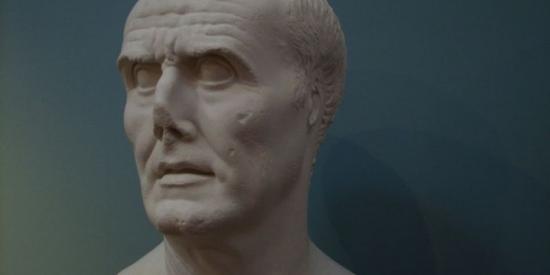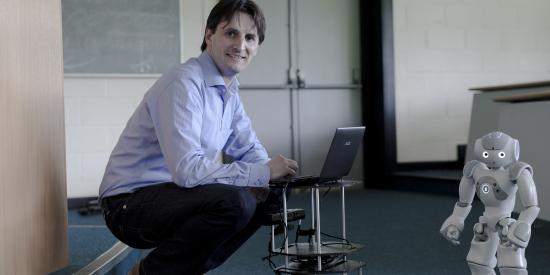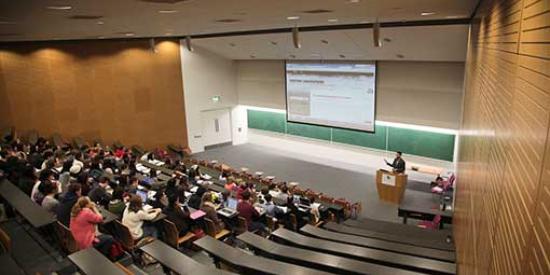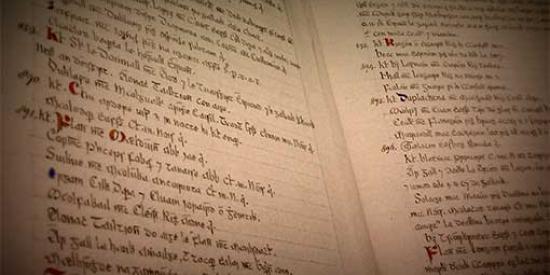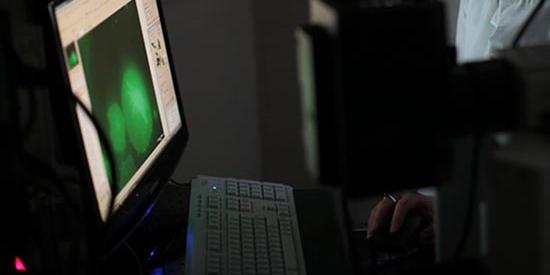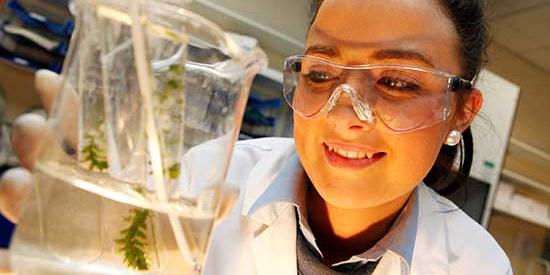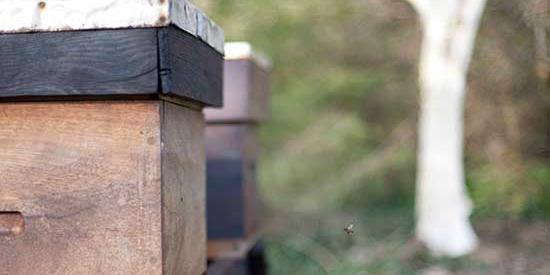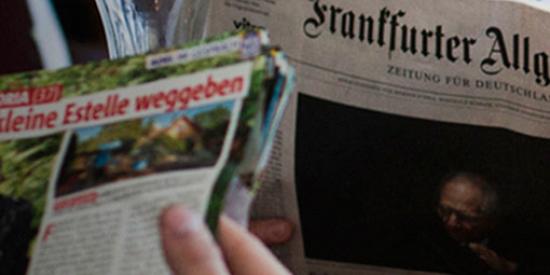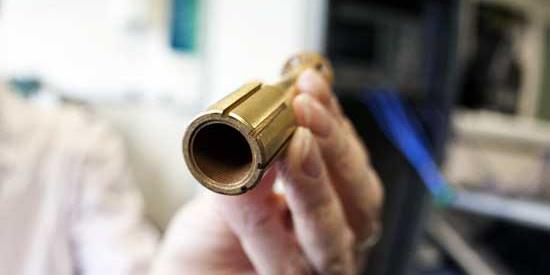Spotlight on Research
ToggleSpotlight on Research
“If you want peace, prepare for war”?
New research on the classical world shows peace to be as elusive then, as it is today.
Monday, 14 September 2015
Mapping the world in real-time
Self-driving cars, flying drones and mobile robots all need to be able to perceive and understand the world around them. Dr John McDonald’s Computer Vision Group, part of Maynooth University’s Department of Computer Science, has created software that will help them do just that.
Tuesday, 21 July 2015
How YouTube revived Shakespeare
The internet is continuing to change Shakespeare's works – works which were traditionally considered inviolable and static – apace. Dr Stephen O'Neill, a lecturer in English at Maynooth University with a special interest in Shakespeare studies, is exploring how new media is reshaping our understanding of the English language's most iconic writer.
Friday, 29 May 2015
The high cost of saving the economy: How the Troika changed Europe's labour laws
Prof Doherty is working with different researchers across EU countries, particularly in Romania and Greece, to look at the evolution of EU labour and employment law from 2008.
Monday, 27 April 2015
What do we really know about the early Irish Church?
Identifying the beliefs, customs, practices and rituals of the medieval Church.
Friday, 20 March 2015
Exploring the mysteries of protein self-assembly and malfunction
Dr Jennifer McManus seeks to pare back the mysteries of protein self-assembly and malfunction. Her insights have relevance from Alzheimer’s disease to the Ebola virus, from new drugs to baby formula.
Tuesday, 17 February 2015
Maths and Science: Using assessment to improve teaching and learning
FaSMEd – Improving Progress through Formative Assessment in Science and Mathematics Education – will improve classroom interactions, supporting teachers in helping their students to learn more science and maths; to get better at and feel more confident about these subjects.
Friday, 09 January 2015
Sustainability - the belief system behind 21st century business success?
The language of the corporate world is changing, driven by deep-seated personal beliefs which are increasingly affecting corporate behaviour
Thursday, 04 December 2014
The Culture of Motherhood
Maynooth University researchers probe to see if there is a link between low German birthrates and modern media influences
Wednesday, 08 October 2014
What can we learn from measuring the temperature of space?
Researchers map ‘cool’ space to learn more about the Big Bang
Friday, 08 August 2014

